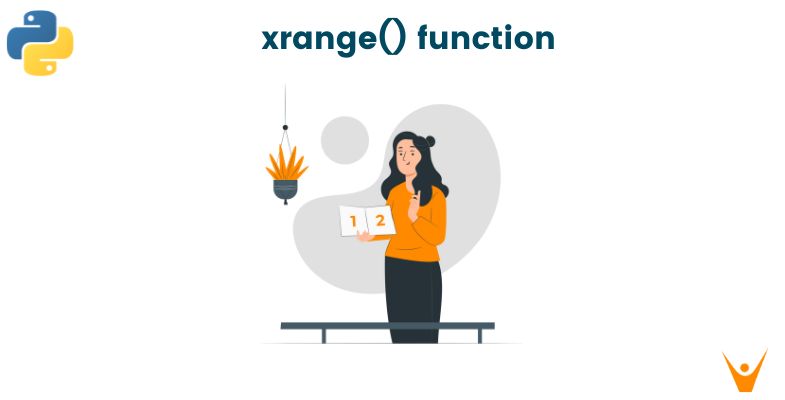C++ involves dealing with manual memory allocation and deallocation using pointers. However, this leads to memory leaks and dangling pointers if not handled carefully. To address these issues, C++ provides smart pointers, In this article, we will delve into the concept of smart pointers in C++, including their purpose, and their differences from raw pointers.
What is a Smart Pointer in C++?
A smart pointer in C++ is an object that provides additional features such as automatic memory management and exception safety, compared to a traditional pointer. These pointers help solve common memory issues, such as memory leaks and dangling pointers, by managing the lifetime of dynamically allocated objects.
Simply, these are objects that behave like pointers but offer additional features for automatic memory management.
Let's explore a simple example to illustrate the functionality of smart pointers:
#include int main() { std::unique_ptr<int> myPtr(new int(42)); // Accessing the value std::cout << *myPtr << std::endl; // No need to manually deallocate memory return 0; }
In this example, we use the `std::unique_ptr` class, which is a type of smart pointer provided by the C++ Standard Library. We allocate memory for an integer using the `new` keyword and assign the address to `myPtr`, a unique pointer.
The unique pointer automatically deallocates the memory when it goes out of scope, eliminating the need for explicit deallocation using `delete`. This ensures that the dynamically allocated memory is properly released, even in the presence of exceptions or early returns.
Types of Smart Pointers
C++ provides several types of smart pointers, each with its own specific features and use cases. Here are some commonly used smart pointer types:
- std::unique_ptr: This type of smart pointer represents exclusive ownership of the dynamically allocated object. It ensures that only one smart pointer can point to the object at a given time. When the unique pointer goes out of scope or is explicitly reset, it automatically deletes the associated object.
- std::shared_ptr: Shared pointers implement shared ownership of dynamically allocated objects. Multiple shared pointers can point to the same object, and the object is deleted only when all shared pointers go out of scope or are reset. Shared pointers use reference counting to track the number of references to the object.
- std::weak_ptr: Weak pointers are used in conjunction with shared pointers to break potential circular dependencies and avoid memory leaks. Unlike shared pointers, weak pointers do not participate in reference counting. They provide a non-owning, observing reference to an object managed by shared pointers.
Pointers vs. Smart Pointers in C++
While both raw pointers and smart pointers serve the purpose of managing memory, there are significant differences between the two.
The main difference between regular pointers vs. smart pointers in C++ is Automatic Deallocation. Smart pointers automatically deallocate the associated memory when they go out of scope or are explicitly reset. Raw pointers require manual deallocation using `delete`, making them prone to memory leaks and dangling pointers if not handled correctly.
Another difference is that simple pointers do not have any inherent ownership semantics. It is the programmer's responsibility to ensure proper allocation and deallocation of memory. In contrast, smart pointers have clear ownership semantics and take responsibility for deallocating the memory when it is no longer needed.
Is Smart Pointer Garbage Collection?
Smart pointers in C++ do not implement garbage collection. Smart pointers use deterministic destruction and automatic deallocation techniques to manage memory, but they do not provide the same level of automatic garbage collection as found in languages like Java or C#.
Limitations & Disadvantages
While smart pointers offer numerous benefits, it is essential to be aware of potential disadvantages:
- Overhead: Smart pointers may introduce additional overhead compared to raw pointers due to the additional bookkeeping required for managing ownership and reference counting.
- Circular Dependencies: In certain scenarios, the use of shared pointers can lead to circular dependencies preventing their timely destruction.
- Limited Use with Legacy Code: Smart pointers are most effective when used consistently throughout the codebase. However, integrating them into existing legacy code that heavily relies on raw pointers can be challenging.
Conclusion
Smart pointers in C++ provide a safer and more convenient approach to memory management compared to raw pointers. You can leverage them in your C++ projects for efficient memory management.








